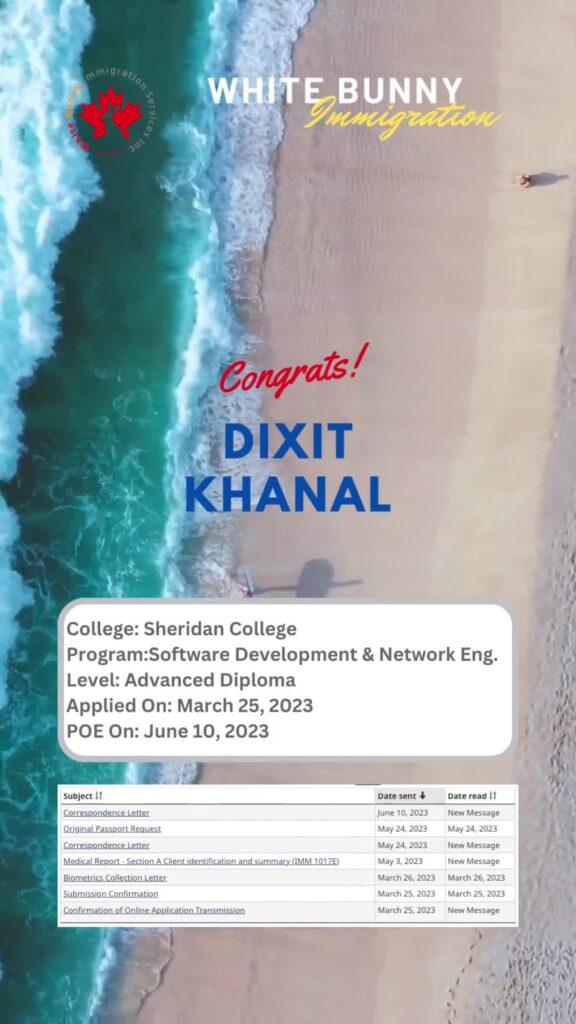This article discusses the various types of Canadian visas and helps readers determine which one is suitable for their trip. For tourism purposes, a Tourist Visa, also known as a Temporary Resident Visa (TRV), is typically required. The application process for a Tourist Visa involves submitting documents like a valid passport, proof of financial support, and a letter of invitation if necessary. Travelers from visa-exempt countries can obtain an Electronic Travel Authorization (eTA). For studying, a Study Visa, or Study Permit, is necessary, but shorter language courses may not require one. Those visiting for work will need a Work Visa, either employer-specific or open. Lastly, individuals who intend to live in Canada permanently can explore options like the Express Entry system, Provincial Nominee Programs (PNPs), and Family Sponsorship for Permanent Residency. It is important to thoroughly understand the visa requirements and follow the correct application process.
Navigating Canadian Visas: Which One is Right for You?
Introduction
Traveling to Canada is an exciting prospect, but it’s important to understand the visa requirements before packing your bags. Depending on the purpose of your visit and your nationality, there are various Canadian visas available. In this article, we will explore the different types of visas and help you determine which one is right for your trip to the Great White North.
Tourist Visa (Temporary Resident Visa)
If you plan to visit Canada for tourism purposes, such as exploring its stunning natural landscapes or experiencing its vibrant cities, you will likely need a Tourist Visa. This visa is officially known as a Temporary Resident Visa (TRV) and grants you the right to stay in Canada for up to six months.
Application Process
To apply for a Tourist Visa, you will need to submit various documents, including a valid passport, proof of financial support, and a letter of invitation (if applicable). Additionally, you may be required to undergo a medical examination or provide biometric information, such as fingerprints.
Electronic Travel Authorization (eTA)
Some travelers are exempt from the Tourist Visa requirement. Citizens of visa-exempt countries, including the United States and most European nations, need to obtain an Electronic Travel Authorization (eTA) instead. This electronic document is linked to your passport and valid for multiple entries into Canada within a five-year period.
Study Visa (Study Permit)
If you wish to pursue your studies in Canada, you will need to obtain a Study Visa, formally known as a Study Permit. This visa allows you to attend a Canadian educational institution, be it a university, college, or even a language school. However, keep in mind that shorter-term language courses may not require a Study Permit.
Enrollment and Document Requirements
Prior to applying for a Study Visa, you must secure an acceptance letter from a designated learning institution in Canada. You will also need to provide proof of financial support, demonstrate proficiency in English or French, and satisfy any necessary medical examinations or biometric requirements.
Work Visa (Work Permit)
If your primary purpose for visiting Canada is to work, you will need a Work Visa, also known as a Work Permit. Canadian work permits are divided into two categories: employer-specific and open work permits.
Employer-Specific Work Permit
An employer-specific work permit allows you to work in Canada for a specific employer, usually under a labor market impact assessment. To obtain this visa, you will need an offer of employment from a Canadian employer, who will typically initiate the application process on your behalf.
Open Work Permit
An open work permit, on the other hand, allows you to work for any employer in Canada, except for those who are ineligible due to labor law infractions or participation in exploitative work. Open work permits may be available to certain individuals, such as international students or spouses of Canadian citizens or permanent residents.
Permanent Residency
If you intend to live in Canada permanently, you may be eligible for Permanent Residency. Canada offers various immigration programs, such as the Express Entry system, Provincial Nominee Programs (PNPs), and Family Sponsorship, all of which lead to permanent residency status.
Express Entry
The Express Entry system is a points-based program that assesses eligibility based on factors such as age, education, work experience, and language proficiency. Successful candidates receive an Invitation to Apply (ITA) for permanent residency and can then proceed with the application process.
Provincial Nominee Programs (PNPs)
Provincial Nominee Programs allow individual provinces and territories to nominate immigrants who possess the skills and experience required for their specific labor markets. If nominated, you will have to apply for permanent residency through the designated PNP streams.
Family Sponsorship
If you have a close family member who is a Canadian citizen or permanent resident, they may be able to sponsor your application for permanent residency. However, keep in mind that the sponsor must meet certain financial requirements and be willing to support you financially during your initial years in Canada.
Conclusion
Understanding the different types of Canadian visas is crucial to ensure a hassle-free trip. Whether you’re visiting for tourism, study, work, or planning on becoming a permanent resident, it’s important to carefully review the visa requirements and follow the correct application process. By navigating the Canadian visa landscape effectively, you can embark on your Canadian adventure with confidence.
